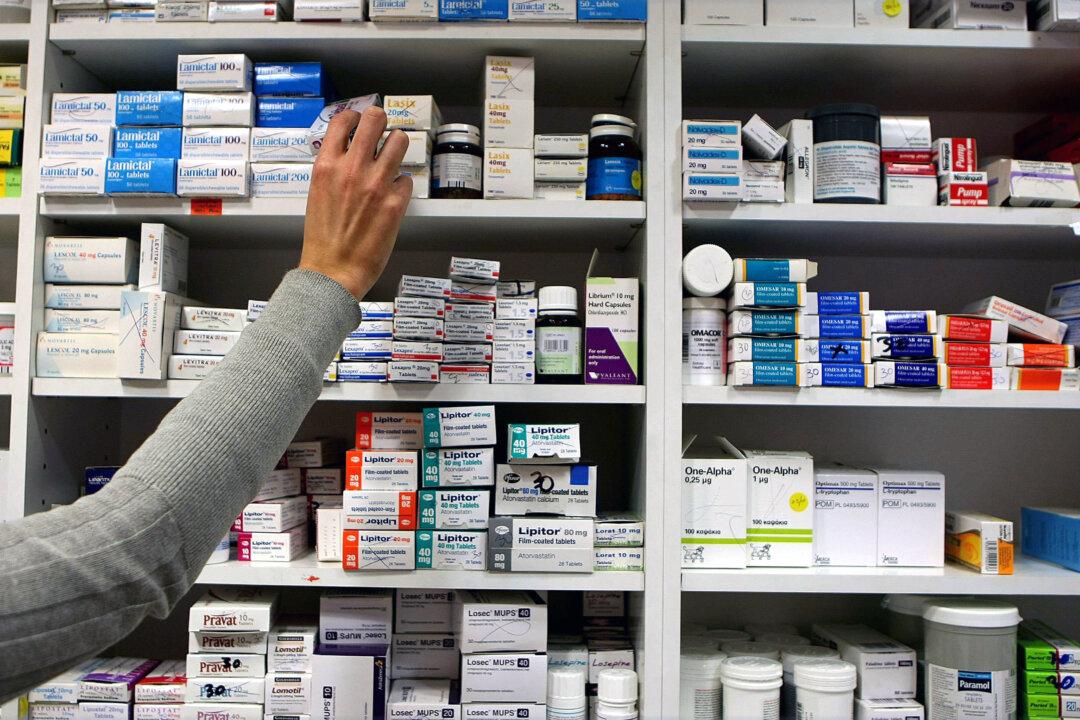A family campaign group has expressed major concerns about the potential effects of a plan to free up the NHS that allows millions of women to access free over-the-counter contraceptive pills without without having to see a GP.
Starting next month, women in England can obtain a first prescription of the pill by visiting their hgh street local pharmacy, the NHS announced on Thursday.





